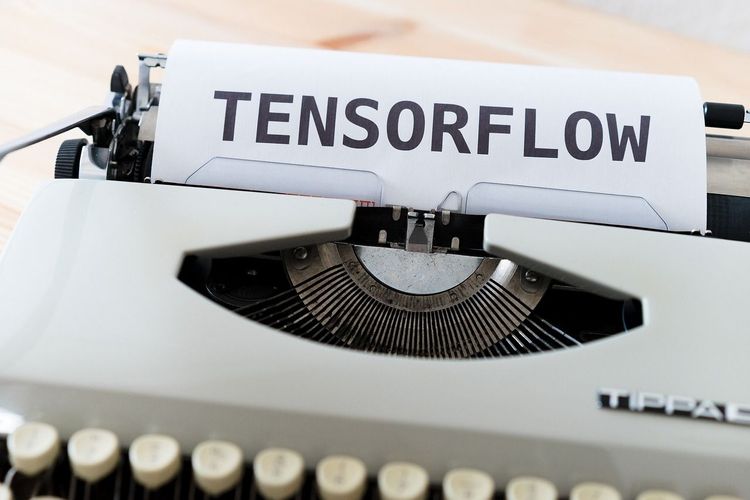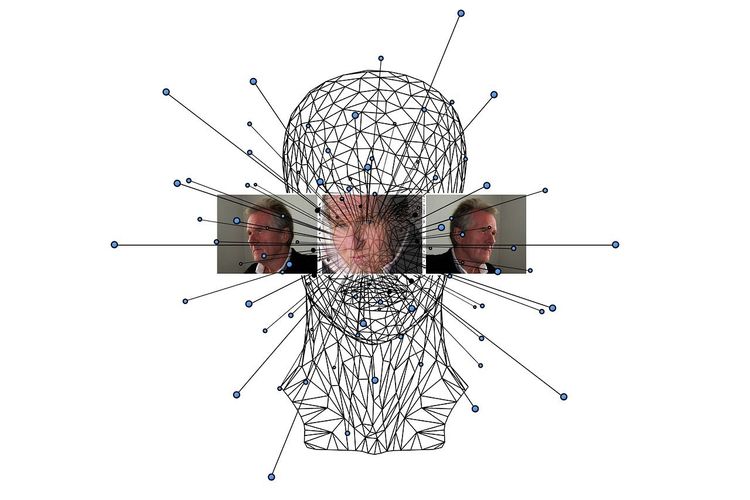An open-access scientific journal, Frontiers in Cell and Developmental Biology, faced widespread criticism this week after publishing an article that included confusing imagery and inaccurately depicted mammalian testicles and sperm cells. Observers noted that many illustrations appeared to be generated by AI, containing nonsensical descriptions.
In response to the backlash on social media platform X, the journal acknowledged the concern, stating: “We thank the readers for their scrutiny. The crowdsourcing dynamic of open science allows community feedback to help us correct inaccuracies.” Subsequently, the article titled “Cellular Functions of Spermatogonial Stem Cells in Relation to JAK/STAT Signaling Pathway” was removed from the website, accompanied by a retraction notice that read:
“Following publication, concerns were raised regarding the nature of its AI-generated figures. The article does not meet the editorial and scientific standards of Frontiers in Cell and Development Biology; therefore, it has been retracted, with approval from the Chief Executive Editor.”
Despite the retraction, a media outlet obtained and republished the original article, highlighting the numerous errors within—such as misspelled words and anatomically incorrect illustrations, including a depiction of a “rat” with an exaggerated groin growth.
Critics on X quickly questioned how the paper passed peer review, with authors Xinyu Guo and Dingjun Hao from the Department of Spine Surgery at Hong Hui Hospital, along with Liang Dong, listed as contributors. The paper was reviewed by Binsila B. Krishnan from the National Institute of Animal Nutrition and Physiology in India, and Jingbo Dai from Northwestern Medicine in the U.S.
Questions are being raised about AI's role in scientific research and publishing. While AI tools like Google’s AlphaFold and GNoME are valuable for advancing research, their use in publishing could compromise scientific integrity, especially if researchers rely on AI-generated images to expedite the process, cut corners, or due to negligence.
This situation underscores a troubling trend in academic publishing where the pressure to publish frequently leads to potentially flawed work entering the public domain. This "publish or perish" mentality could jeopardize trust in scientific research, especially in critical fields like medicine and biology.
With over 114,000 citations, Frontiers in Cell and Developmental Biology now faces scrutiny regarding the rigor of its review process. Given the implications of this incident, it raises broader concerns about the reliability of other papers published by the journal and whether AI-assisted illustrations have similarly compromised scientific accuracy.
Founded in 2007 by neuroscientists Kamila and Henry Markram, the Frontiers group oversees over 230 scientific publications. The journal aims to ensure rigorous, transparent peer review, employing AI tools for the process. As stated in a 2020 press release, Frontiers introduced its AI Review Assistant (AIRA) to enhance manuscript evaluation by assessing language quality, figure integrity, and detecting potential plagiarism.
Despite this commitment, the recent publication illustrates significant gaps in the effectiveness of AI tools, sparking questions about their capability to prevent the dissemination of inaccurate scientific information. While a media uses AI for image generation and text, all articles undergo human review prior to publication, highlighting the importance of human oversight in ensuring scientific integrity.







